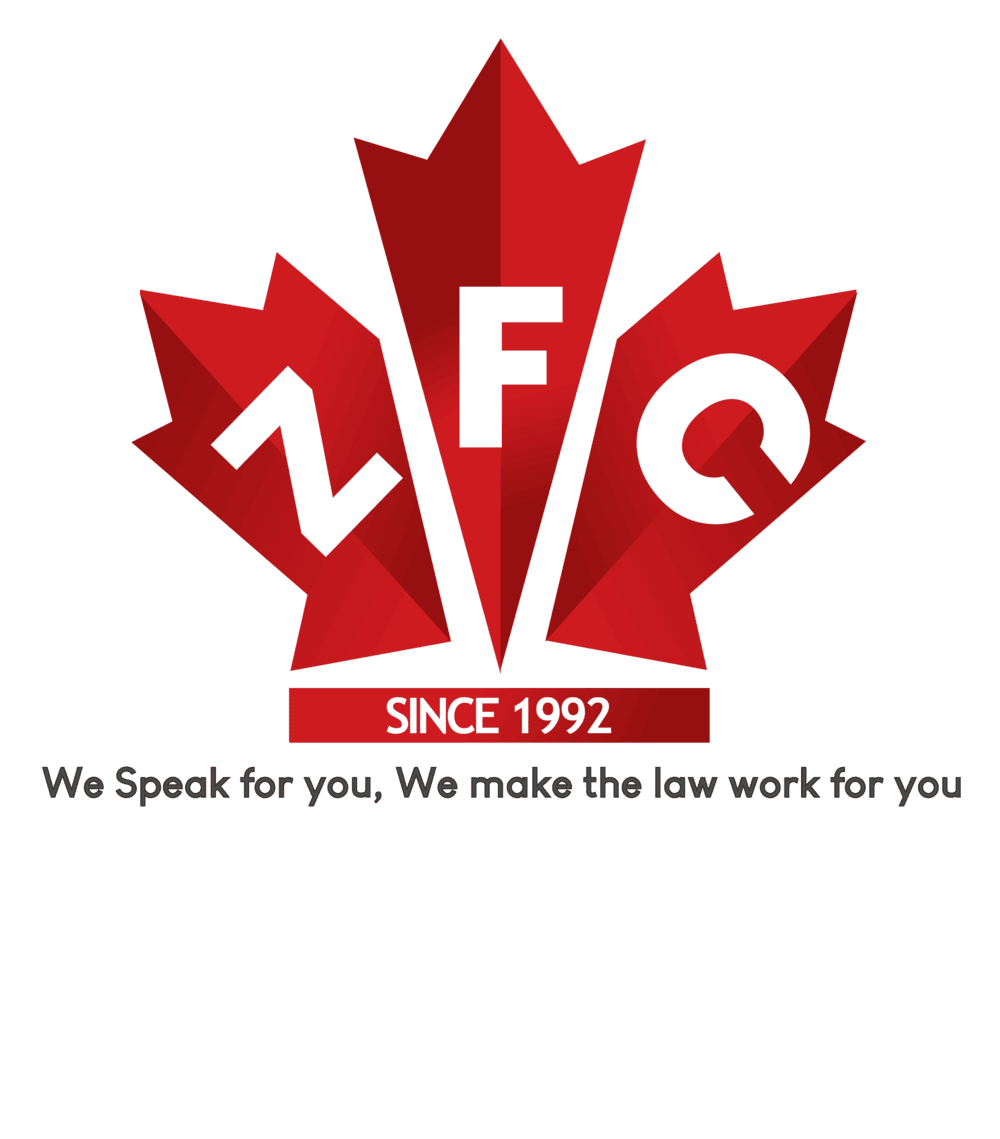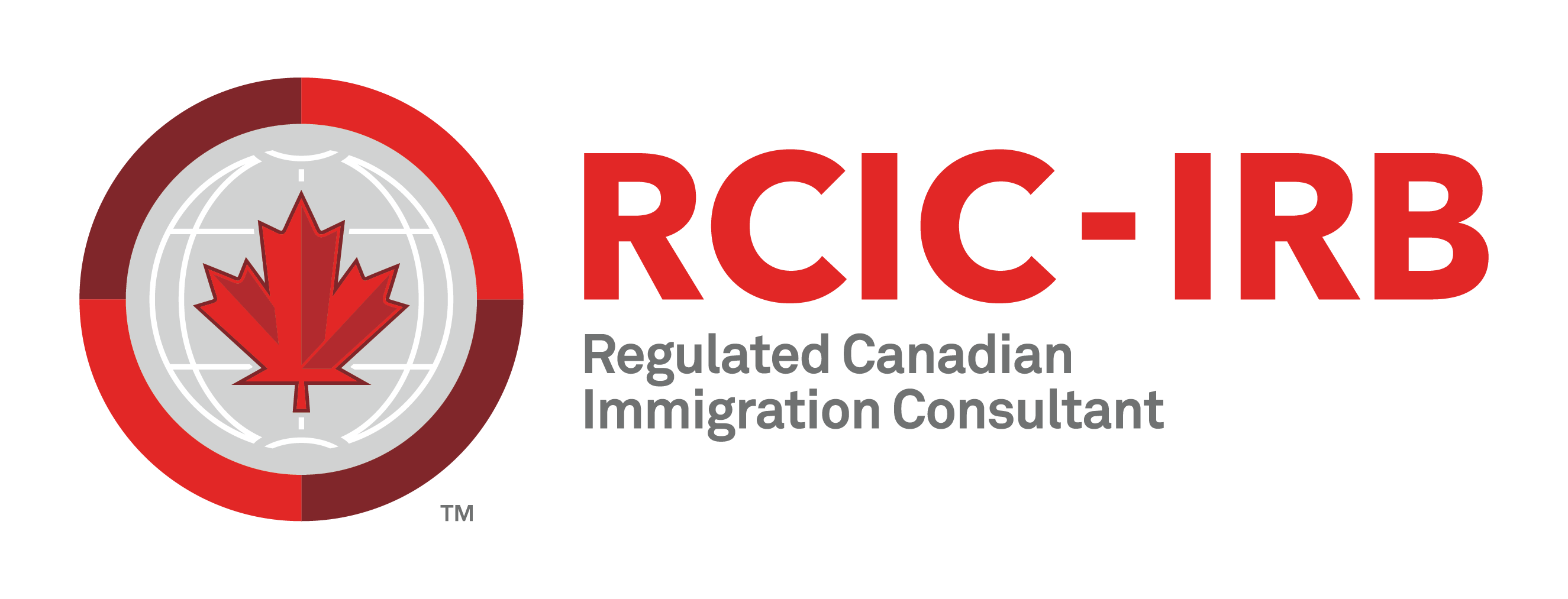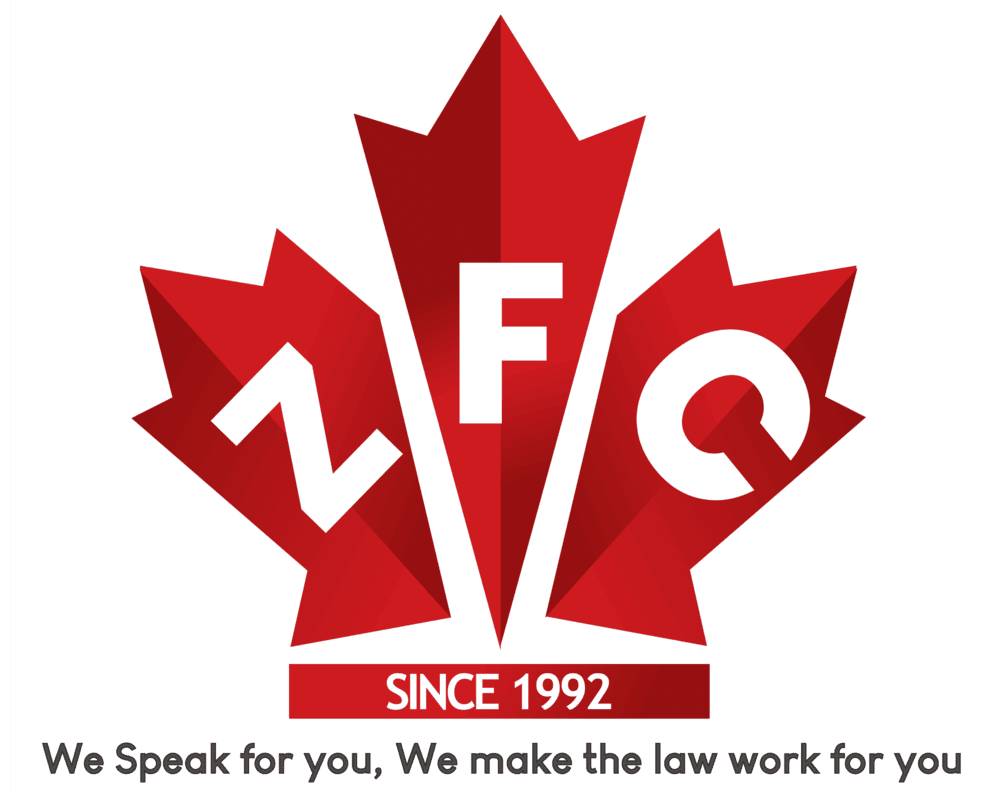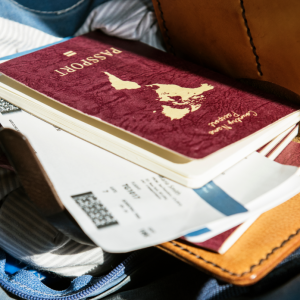If you’re a permanent resident applying for Canadian citizenship, you can take action to avoid potential pitfalls in your application, which might result in delays.
Citizenship applications can be quite involved, and it’s easy to make mistakes that might result in delays.
Schedule a Free Canadian Citizenship Consultation with the Cohen Immigration
Law Firm
This article will go over common reasons that citizenship applications can become complicated, and present actions you can take to reduce the likelihood that your application will be delayed.
Factors that can complicate your citizenship application
Immigration, Refugees, and Citizenship Canada (IRCC) refers to applications that are complicated in nature as “complex” or “non-routine”.
As of this writing, eights months is the current processing time for regular applications for citizenship grants. But non-routine applications can take significantly longer. IRCC currently holds a backlog of 42,700 applications for citizenship grants, as of the latest available data.
The immigration department has identified three common reasons that citizenship applications can become complex:
- The department requires you to submit extra documentation in support of your citizenship application;
- You miss a citizenship test, interview, or hearing; and/or
- IRCC identifies a potential criminal, security, or other admissibility concern.
Each of these points is discussed in further detail below.
IRCC requires further documentation in support of your application
These situations arise when the immigration department feels that it does not have all the needed documentation within your citizenship application to decide your eligibility for citizenship, and/or inadmissibility factors.
Inadmissibility can arise from a number of factors; misrepresentation and serious criminality are common reasons. These are discussed in further detail below.
To avoid delays in your application that result from IRCC requiring more documentation, you should include all relevant documentation for your case in the initial submission of the citizenship application. This includes possible document alternatives that may be required, as well as any supporting documentation to this effect.
The following table details the categories of documents that must be included with every citizenship application, and acceptable documentation for each:
| Category of Document | Accepted Documentation |
|---|---|
| Citizenship Application Form | Application for Canadian citizenship (CIT 002). |
| Physical Presence Calculation | Printout of online physical presence calculator results OR the How to Calculate Physical Presence form (CIT 0407). |
| Passport or Travel Document | Color copies of all pages in your passport (or equivalent travel document) covering the last five years preceding your application. |
| Explanation for Missing Travel Document | If you do not have a travel document or passport, you must provide an explanation within the citizenship application form. |
| Proof of Language Ability (CLB 4 or higher) | Photocopy of one of the following:
– IRCC-approved third-party language test results; – Diploma, certificate, or transcript from post-secondary studies in English or French; or – Proof of achieving CLB 4 through a government-funded program. |
| Additional Language Documents (if applicable) | Other documents may also be submitted to support this language requirement. |
| Personal Identification | Photocopies of two personal ID documents that show your name, photo, and date of birth. These can be:
– A copy of the biographical page on your passport/travel document*; – Permanent Resident (PR) Card**; – Driver’s license; – Health insurance card; – Senior citizen identification card; – Age of majority card; and/or – Foreign identity documents issued by a foreign government for purposes of identification. |
| Two identical citizenship photos | Photo size: 50 mm x 70 mm (2 in x 2¾ inches); face height must be 31–36 mm (1¼ – 1⁷⁄₁₆ inches) from chin to crown.
Image quality: Photo must be clear, sharp, unaltered, with even lighting, no shadows or glare, natural skin tones, and good contrast with the background. |
| Fee receipt | Application fees must be paid online, and the receipt from IRCC must subsequently be included in online or paper applications. |
| The document checklist | Citizenship application document checklist (CIT 0007). |
*The biographical page of your passport may be used to fulfill both passport and ID requirements.
**PR Cards may only be used to fulfill the ID requirement if the second piece of identification used is also issued by the Canadian government.
Schedule a Free Canadian Citizenship Consultation with the Cohen Immigration
Law Firm
In addition to the above, applicants may need to submit the following documentation if relevant to their situation:
| Category of Document | Reason for documentation | Accepted Documentation |
|---|---|---|
| Use of a representative form | Applicants must declare that they are using a representative, or risk misrepresentation. | Use of representative form (IMM 5476). |
| Police certificates or clearances | For security purposes, must be given for any country where you spent 183 days (or more) in a row aged 18 years or older, for the four years immediately before your application. | Original police certificates from the relevant authorities in the country of your residence. |
| Legal name change documents | For purposes of corroborating name changes, and ensuring documentation is consistent to the application. | If you changed your name legally in Canada:
– Legal change of name document; – Court order; OR – Adoption order Accepted documents (family name changes only): – Marriage certificate; – Divorce decree; OR – Civil registration/declaration or revocation/annulment of union – Common-law relationship registration (where provincial law allows name change). Different documentation is acceptable for applicants who changed their name outside Canada. |
| Correction of a date of birth for a PR or Citizenship document | Correct any discrepancies regarding date of birth for the applicant’s citizenship certificate. | Request to correct a date of birth for a Permanent Resident Document or Citizenship Certificate form (IRM (003). |
| Correction of Sex or Gender Identifier | Correct any discrepancies regarding stated Sex or Gender identifiers for the applicant’s citizenship certificate. | Request for a change of sex or gender identifier form (IRM 002). |
| Residence outside Canada as a Crown Servant or with a Crown Servant family member | To disclose employment as a crown servant* (or with a crown servant spouse, common-law partner, or parent) while residing outside of Canada. | Residence outside Canada form (CIT 0177).
Applicants under the age of 18 at the time of application are not required to submit this form. |
| Guardianship documents | To disclose a legal guardian whom IRCC will correspond with for applicants who are minors. | – Power of attorney; – Judicial court orders; Affidavits; OR – Other official documentation proving guardianship |
*Crown servants are individuals employed in or with
- The Canadian armed forces;
- The federal public administration of Canada; or
- The public service of a Canadian province or territory.
For documents not in English or French, you must provide
- A translation in English or French; and
- An affidavit from the translator (if not a certified translator).
Translations must be completed by:
- A Canadian certified translator (member of a provincial/territorial translators’ association); or
- Another individual fluent individual in both languages.
If not certified, an affidavit from the translator is required to confirm language proficiency and translation accuracy.
In addition to the above, if you are between the ages of 18 and 54 and are unable to meet specific citizenship requirements due to compassionate reasons—such as being unable to fulfill the language requirements or demonstrate adequate knowledge of the rights and responsibilities of Canadian citizenship by taking the citizenship test—you may request a waiver. You must provide supporting evidence.
If you are 14 years of age or older and cannot understand the meaning of taking the Oath of Citizenship due to a mental disability, you may also request a waiver. Supporting evidence is required.
To apply for one or more of these waivers, you must include the following:
| Category of Document | Reason for Documentation | Accepted Documentation |
|---|---|---|
| Waiver Request | Applying for a waiver of language and/or knowledge requirements. | Waiver Request Form (CIT 0116). |
| Corroborating Medical Opinion | Supporting documentation for those applying for a waiver of language/knowledge or the oath due to a medical condition. | Medical Opinion Form for Citizenship Waivers (CIT 0547). |
| Other supporting documents for waivers | Additional documentation to support your waiver request (e.g., test results, affidavits). | Any relevant supporting documents; note that submission does not guarantee approval — each request is case-specific. |
Schedule a Free Canadian Citizenship Consultation with the Cohen Immigration
Law Firm
Missing a citizenship hearing, interview, or test
Missing a citizenship test, hearing, or interview with an IRCC officer can cause delays and complications in your citizenship application, and can even lead to refusals if proper procedures are not followed.
Apart from the obvious best practice of carefully noting dates and times of these activities and ensuring your attendance, IRCC also has best practices that it recommends for individuals who have missed their citizenship appointment.
The following sections detail the best practices from IRCC that you should follow in the event that you miss any of these three crucial steps in the citizenship process.
Citizenship hearing
If you cannot attend a hearing with a citizenship officer or judge, you must notify the office that scheduled the hearing and provide a reason for your unavailability.
The notice you receive will include details on how to contact the office and what will happen if you do not attend. This notice may be sent by email or regular mail, depending on the contact information you provided in your application.
Citizenship interview
If you are unable to attend your citizenship interview, you should write a letter explaining your absence and send it to the IRCC office that scheduled your appointment. This can be done by mail or through the online web form.
The notice you received will specify how much time you have to contact IRCC. If you do not get in touch within the required timeframe, your application will be closed, and you will need to reapply and pay the necessary fees again.
Citizenship test
If you missed your first online citizenship test, IRCC will automatically invite you to take it again, and you will still have three chances to complete the test within a 30-day period. If you miss the test a second time, you must contact the email address listed in the “Rescheduling” section of your test invitation and provide a reasonable explanation. If you fail to contact IRCC after missing two test opportunities, your application will be abandoned.
In addition, if you missed a test that was scheduled in the paper format, the department details different instructions for those who missed their first test, or their scheduled retest in the event that you did not pass your first attempt.
Schedule a Free Canadian Citizenship Consultation with the Cohen Immigration
Law Firm
The department has identified a criminal, security, or other inadmissibility issue in your application
IRCC has identified a number of situations wherein permanent residents applying for citizenship may be ineligible to apply under Canada’s Citizenship Act. If any of these situations apply to you, your citizenship application may be revoked.
In other cases where you may be criminally inadmissible but not ineligible to apply for citizenship, you may seek legal actions to prove your admissibility and bolster your citizenship application.
Criminal inadmissibility
If you are facing inadmissibility to Canada in the context of a citizenship application, you can:
- Submitting a Criminal Rehabilitation application; or
- Obtaining a Legal Opinion Letter.
A Criminal Rehabilitation application is a permanent solution that clears an individual’s past criminal record for Canadian immigration purposes. Once approved, the person is no longer considered inadmissible and does not need a TRP to enter Canada. To be eligible, the person must have committed an act that would be a crime under Canadian law, admitted to or been convicted of it, and completed all sentencing at least five years ago.
A Legal Opinion Letter is written by a Canadian immigration lawyer and outlines the potential immigration consequences of a criminal conviction. It references Canadian law to guide decision-makers on how specific charges or outcomes could affect admissibility. The letter can propose alternative charges that would not lead to inadmissibility and may be used to appeal to a judge’s compassion, especially when the case affects employment or family access in Canada.
A note on misrepresentation:
Misrepresentation—whether intentional or not—can have serious consequences on your immigration journey. Many applicants don’t realize that misrepresentation isn’t limited to outright lies. It can also result from omitting important details from your application, even if the omission was accidental.
Under Canadian immigration law, if you are found to have misrepresented yourself in an application, you may be barred from applying for Canadian citizenship or reapplying for permanent residence for five years. In more serious cases, such as citizenship applications, the bar can extend up to 10 years.
To protect yourself, you may wish to consider working with a licensed and experienced immigration representative.
The value of retaining an immigration lawyer
You can submit your citizenship application yourself and do not need to retain a representative.
That said, using the services of an experienced immigration lawyer can be extremely helpful to citizenship applicants, especially if any of the above complicating circumstances may apply to you.
An experienced representative can ensure that your application is complete, and can also help you assess your eligibility, include any important supporting documents that may be crucial to your case, and validate that your application is submitted properly.
In addition, an immigration lawyer can
- Advise you on best practices if you miss an important citizenship appointment;
- Help you avoid misrepresentation in your application;
- Prepare a legal opinion letter; and/or
- Prepare a complete application for criminal rehabilitation.
The Cohen Immigration Law firm has over 45 years of experience aiding clients in all manner of situations, in applying for, and attaining Canadian citizenship.
Schedule a Free Canadian Citizenship Consultation with the Cohen Immigration
Law Firm









